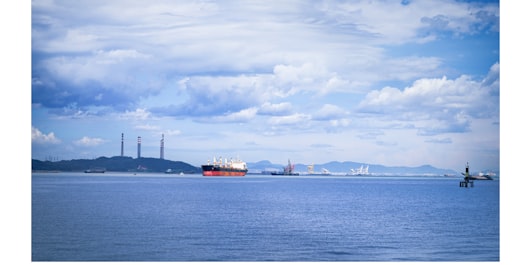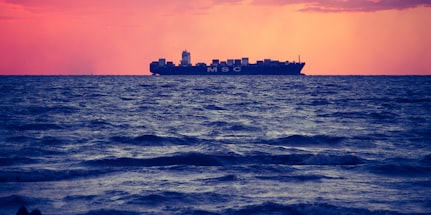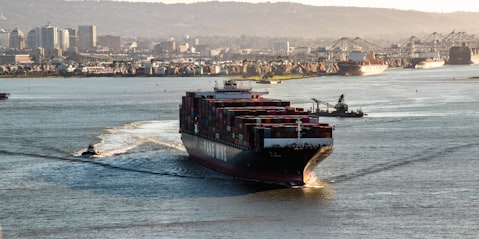
Graphic Products’ Alison Warner designed an infographic presenting all the dangers that are lying behind the oil and gas industry. The equipment, the flammable chemicals and high pressures can easily result to fatal accidents. The oil and gas industry is amongst the most dangerous jobs in America, this is why it has one of the most thorough safety training programs.
For full view of the infographic, click herebelow.
As presented above, according to the CDC, the fatality rate was 7x higher...
https://safety4sea.com/infographic-us-oil-and-gas-industry-is-dangerous/








